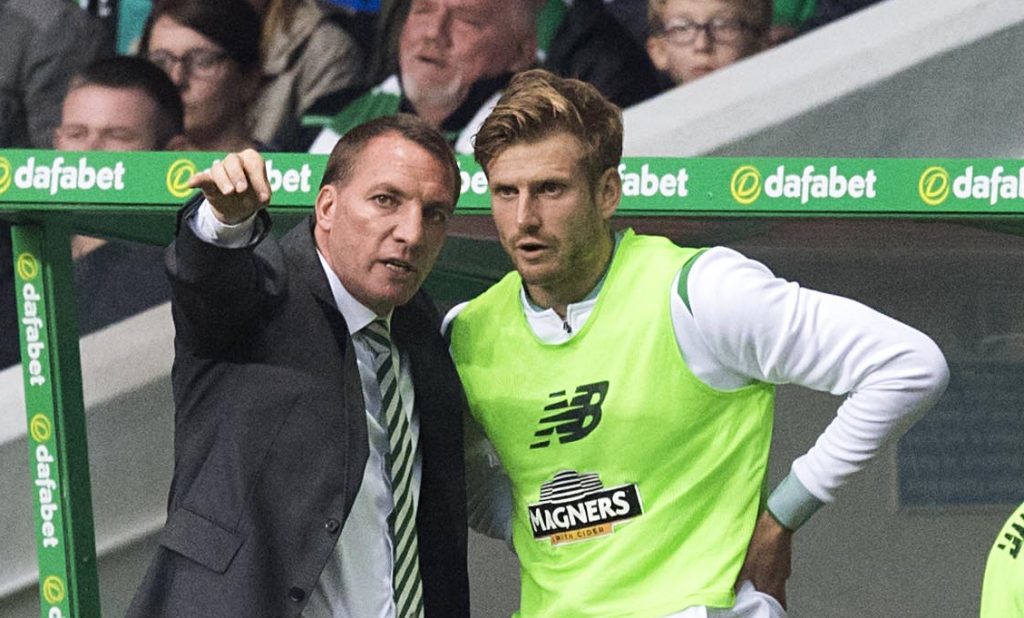Football agents attract the ire of fans the way a rotten carcass attracts a swarm of flies.
They make journalists and ambulance chasing lawyers seem like Mother Theresa by comparison.
Here’s the bad news though: they are a vital part of how football functions. The game needs them. Agents come in all shapes and sizes and similarly their abilities vary enormously. Their function is simple, to get their client the best possible deal while making a handsome living themselves.
That isn’t a crime and in the shark-infested waters of football where some club chairmen have a set of teeth which a great white would envy, the role of an agent is crucial to protect and help players who are not always obvious candidates for The Apprentice.
I was reminded of this the other week when Stuart Armstrong’s representative took some stick from Celtic boss Brendan Rodgers over their dealings in contract negotiations for the former Dundee United player.
In the event, the new contract is now signed, but only after protracted deliberations.
That though is simply how these things often work. What an agent does and what he should be doing is extracting the maximum value for his clients from their employer. Just as you and I would expect our lawyer or accountant to get the best value for us in any house or business transaction.
The agent is not there to serve the interests of the club. He is there to represent the player and that will usually require some hard nosed, hard ball tactics. On the other side the club is pursuing its best interests when making an offer and the agent is duty bound to do the same for the player.
Somewhere in the middle of negotiations, compromise is reached on terms, or the deal falls. There is naturally a danger that both sides can overplay their hands, and some players sadly find that their agent has the negotiating skills of Del boy Trotter, ending up with the kind of dodgy deal which Trotter’s enterprises were famed for.
Citing the agent as being responsible for a deal stalling or falling is a handy tactic, but it is all part of the shadow boxing which accompanies high level bartering in football. It is a seller’s market and for many players the goods have a short expiry date, so they have to get the best deal possible.
Agents have a variety of uses. They bring players to clubs on trial, they help clubs to shift players who have outstayed their welcome, and the best ones have a contacts book which can be invaluable to hard pressed managers and chairmen, who cannot be expected to know every player who is, or might become available.
For their efforts, the agent can expect to be lambasted by fans and clubs alike, as a greedy, grasping, immoral, destructive force.
Sometimes those criticisms are justified, but the truth which clubs and boards don’t like to admit, and which the fans don’t see, is that agents, especially the good ones, perform a vital task in oiling the wheels of an industry, which wouldn’t turn without them.
